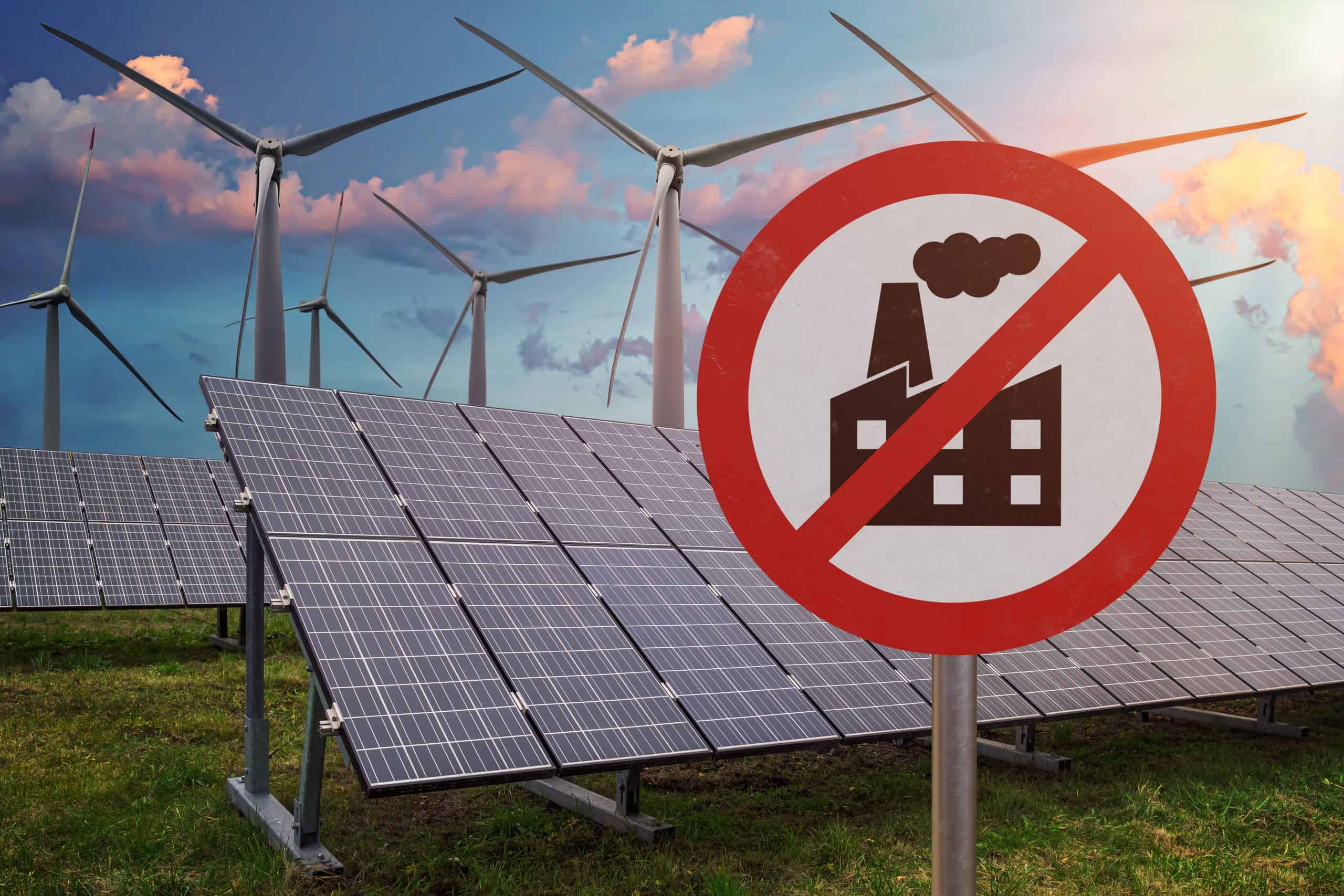
Beyond the hype: sustainable impact also goes step by step
Entrepreneurs, corporate executives, and politicians like to dream about breakthrough innovations that
Building solid institutional and commercial ties between the two blocks is of strategic importance in today’s complex and multilateral geopolitical landscape: the EU needs to retain its position in the LAC region vis-à-vis other political and economic powers – such as China – while securing privileged access to the immense natural resources of the Latin American continent to enable the achievement of the Green Deal objectives. For instance, some of the world’s largest lithium deposits – a key metal used, among others, in the production of rechargeable batteries for electric cars and the aerospace industry – are located in Chile, Argentina, and Bolivia. Additionally, the LAC region is a fundamental trading partner in the agri-food sector: some of the most demanded food products by European consumers, such as coffee, cocoa, bananas, tropical fruits, sugar, beef, and seafood, are largely imported from Latin America. Lastly, the LAC region is a significant player in international fora, which makes it a key ally for the EU on geopolitical topics.
The publication of the Agenda has initiated the reengagement process between the EU and LAC region, and will be followed by the EU-CELAC Summit taking place on 17-18 July 2023 in Brussels under the Spanish Presidency of the Council – the first bilateral summit of this kind since 2015.
In the new Agenda, the EU commits to supporting the LAC region in several strategic sectors, such as digital, renewable energy, health, as well as transport, with dedicated investments within the EU Global Gateway investment plan. Moreover, in line with the strategic importance of this region from a trade standpoint, the EU has been seeking to finalise a trade agreement with the Mercosur countries (Brazil, Argentina, Uruguay, and Paraguay) for over twenty years, and the President of the European Commission, Ursula von der Leyen, reiterated that her goal is to close the deal by the end of 2023. In this regard, it is no coincidence that she met Brazilian President Ignacio Lula da Silva just a few days after the presentation of the Agenda. In the same vein, the EU aims to strengthen the sustainability provisions of trade agreements already signed – but not yet fully ratified by all Member States – with Central America and the Andean countries.
With the publication of the new LAC agenda, the EU has a great opportunity to strengthen relations with LAC countries and, at the same time, pursue its own strategic objectives. However, this can only happen successfully if the relations between the LAC region and the EU are framed as a true strategic partnership between equal parties.
A multilateral and fair approach must guide the definition of future trade relations with LAC countries. Furthermore, it is necessary for European institutions to build a long-lasting and transparent institutional dialogue with their Latin American counterparts, support them in implementing European sustainability-related rules, as well as shifting towards more sustainable production systems. This is also crucial when developing European policies that have a significant impact on the LAC region, such as the new Regulation on Deforestation-free Products and the new Corporate Sustainability Due Diligence Directive.
On the other hand, an approach that emphasises inclusivity, mutual understanding, and the acknowledgment of the social and environmental peculiarities of LAC countries will lead to a stronger strategic partnership. In this respect, the EU should actively involve all relevant stakeholders from the LAC region, including institutional representatives, industry players and representatives of the third sector, in the definition and implementation of measures impacting trade relations, such as current and upcoming sustainability policies. This would ensure that the interests and concerns of all parties are taken into consideration with undoubtedly positive outcomes on bilateral relations. Additionally, technical assistance and further supporting programmes could contribute to strengthening the capabilities of LAC countries in key areas such as sustainable production and digitalisation.
By establishing a sound partnership, the EU and LAC region can overcome challenges, capitalise on opportunities, and build a prosperous and sustainable future on both sides of the Atlantic. The momentum is there: if the EU has the determination and political willingness to engage with the LAC region as a true strategic partner on an equal footing, a new era of relations between the two blocs can begin.
Want to know more about the relations between the EU and the LAC region and how this affects your business? Contact Silvia Alunni. Or subscribe to the newsletter and receive quarterly blogs from our advisors in your inbox.


Entrepreneurs, corporate executives, and politicians like to dream about breakthrough innovations that

Industrial policy is back in action Is the Netherlands still an attractive

Geopolitical crisis may offer a more sustainable perspective The war in Ukraine